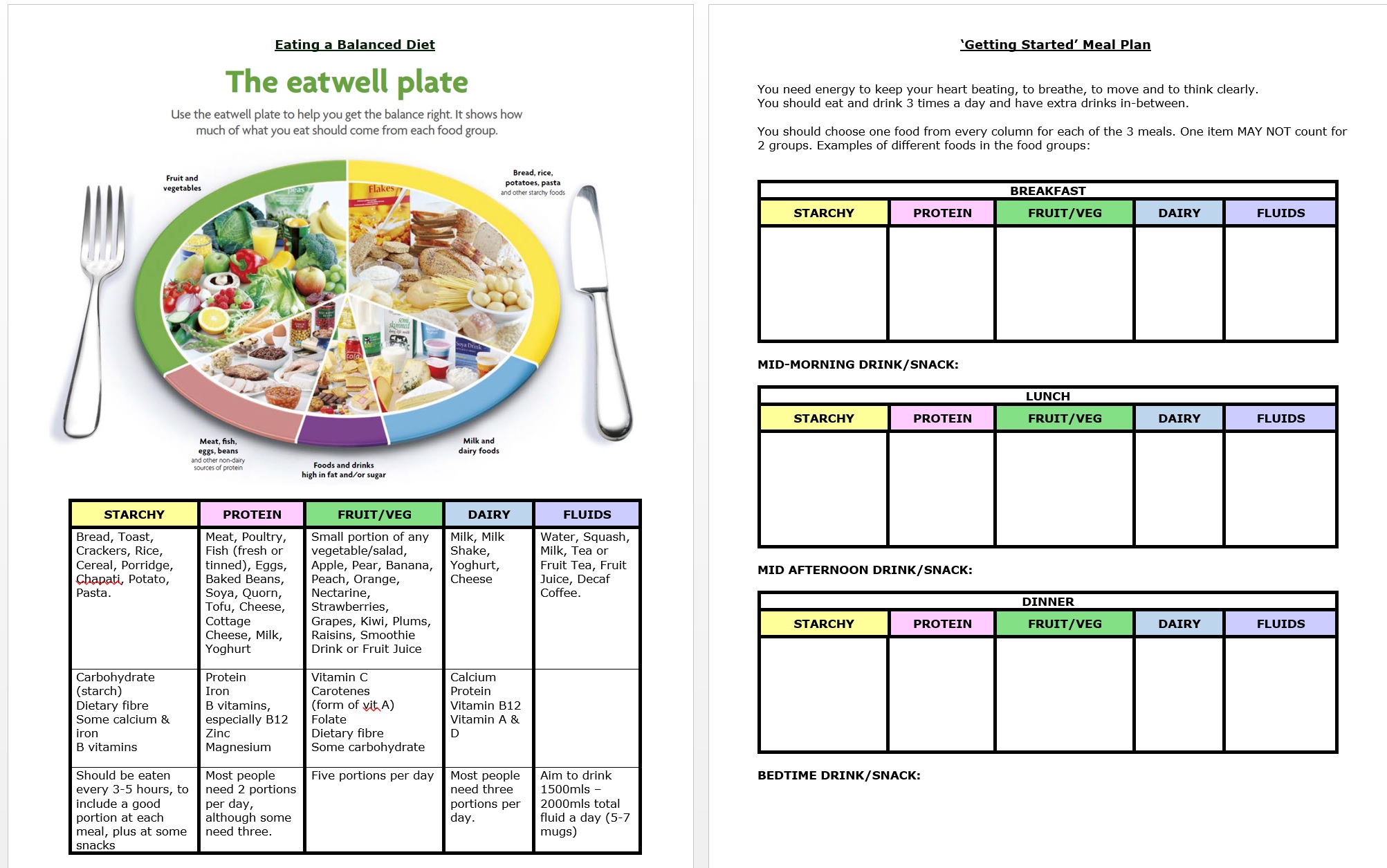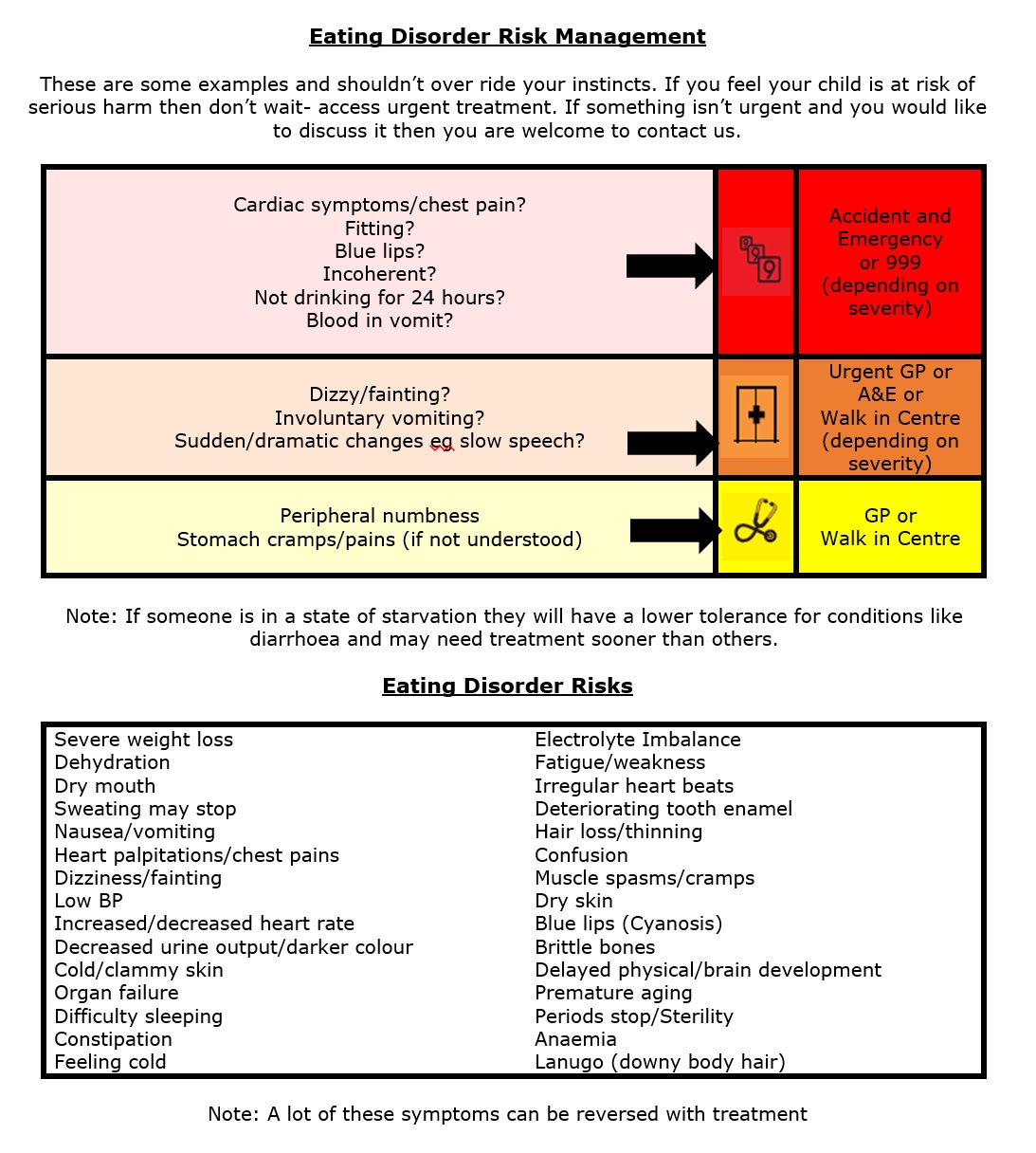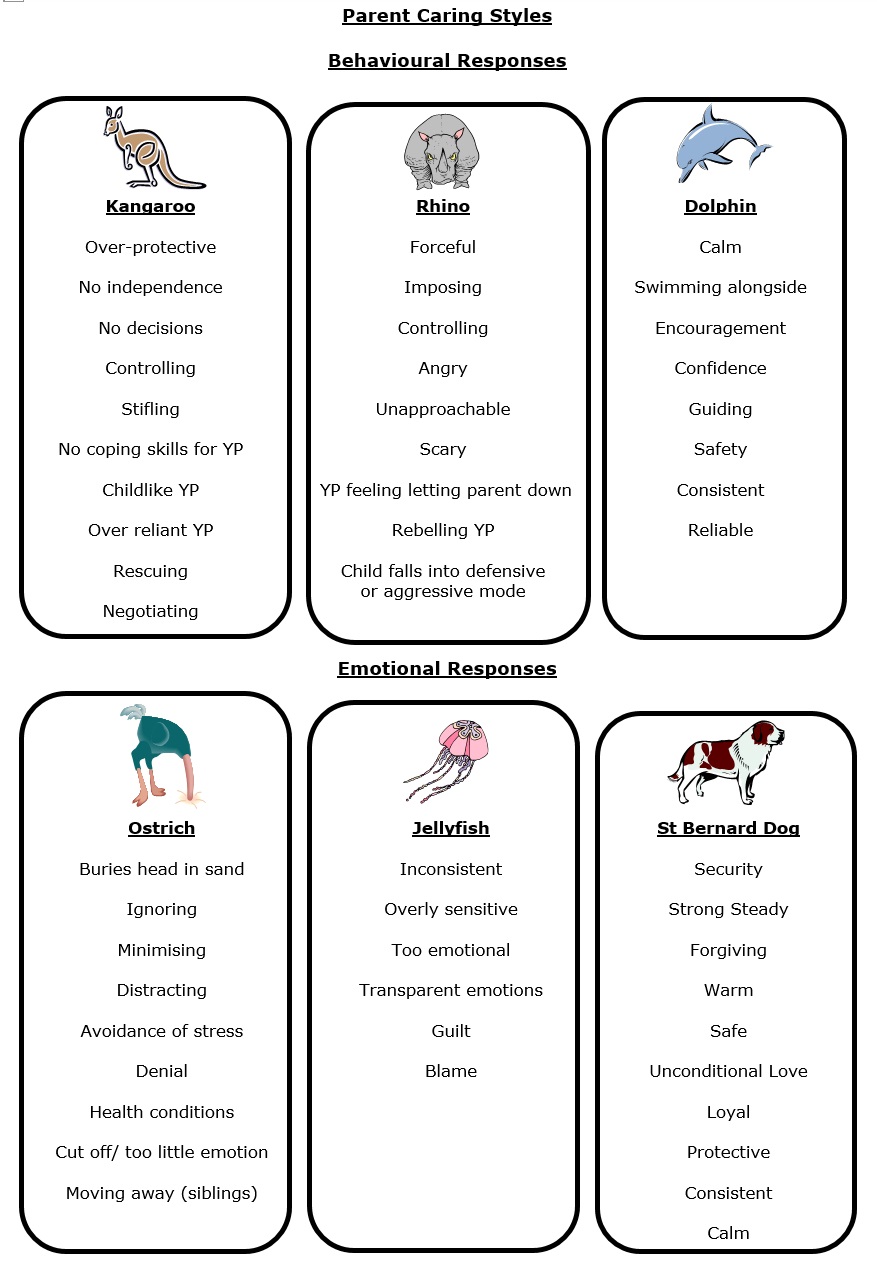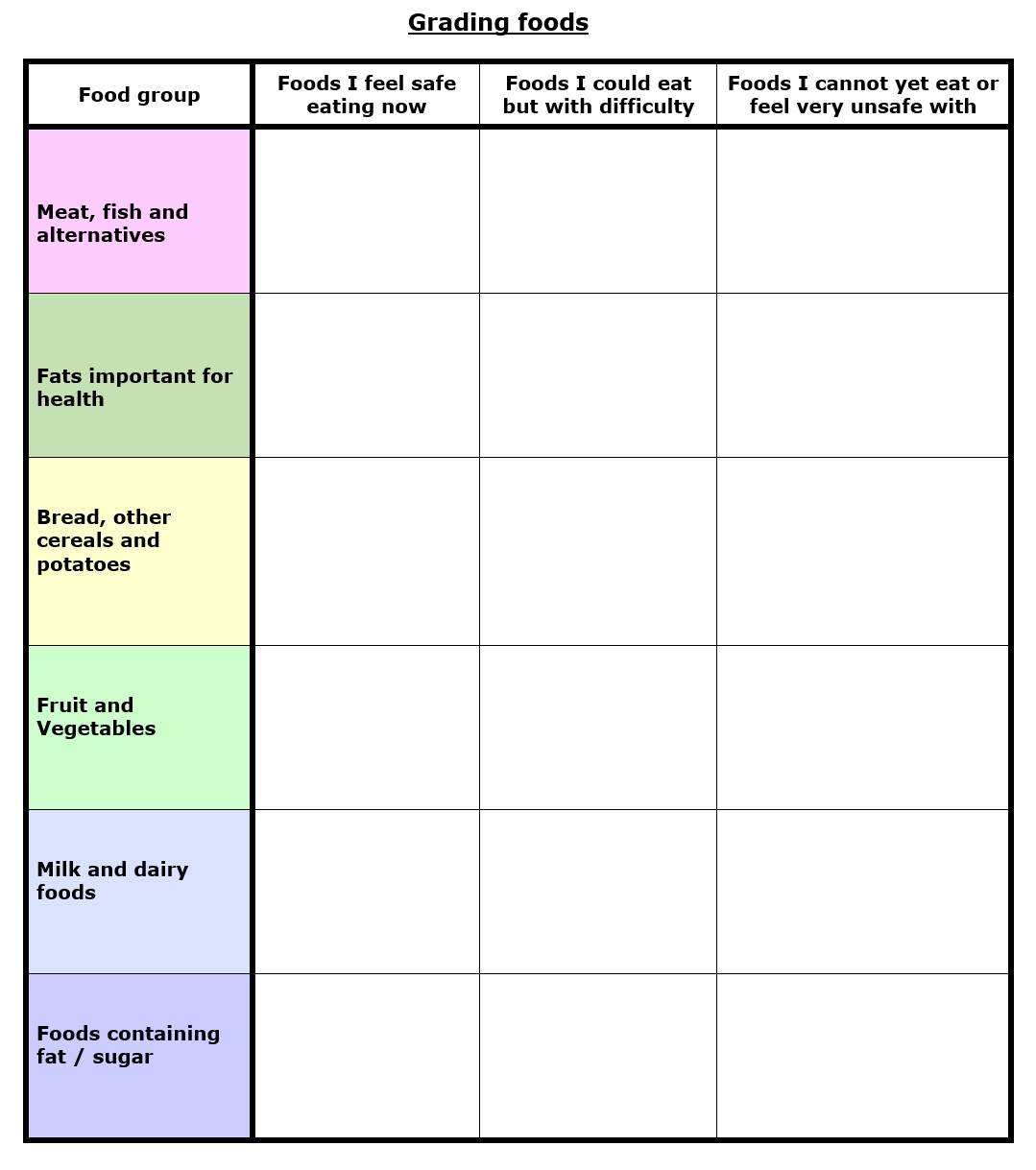This is list of ideas for things you can do to improve your life:
Get organised:
- Make a to do list
- Get a big calendar and write down everything you need to do
- Get a diary to record appointments in
- Scan or file any important documents
- Shred any documents you don’t need
- Register for online documents where possible
- Unsubscribe from any mailing lists you don’t need
- Clear old emails
Make a playlist of songs you love:
Music can have a significant effect on your mood. Try making a playlist that you love or a few different playlists for different situations e.g. running, cooking, driving or when you’re feeling down. You can ask friends for suggestions or look online for similar bands to the ones you already like.
Clean your car:
Make sure your car is safe and ready to use:
- Wash the outside of the car
- Top up the water
- Check the oil
- Clean the inside of the car
- Put an emergency pack in your cubbyhole: toothbrush, underwear, painkillers, mini torch, water bottle, etc.
- If it’s winter, make sure you have deicer, scraper, blanket, gloves, etc.
- Check your insurance, MOT and road tax are up to date
- Check your tyre pressure
- Update your sat nav
Try some new foods:
Having a balanced diet is important, not only for your physical health but also your mental health. Try to increase the variety of the foods you eat by trying a new food each week or learning to cook a new meal. You could even blindfold yourself and let your friends or family give you various foods to try.
Declutter:
Having too many belongings can make your home cluttered and leave you feeling overwhelmed. Try decluttering and just keeping the items you actually use or love to give yourself more space, time and organisation. Each time you consider an item, ask yourself:
- ‘Do I need this?’
- ‘Have I used this in the last 6 months?’
- ‘Do I love this?’
- ‘Does it work/fit?’
If the answer is no to these questions, then consider throwing the item away or donating it to charity.
You can focus on one area at a time or set yourself a goal of removing one item a day. For clothes, you can turn your hanger around each time you wear something so that way you will be able to tell which items haven’t been used at the end of the 6 months.
Practice Random Acts of Kindness:
Do something kind for someone else without expecting anything in return. This could include:
- Giving out blankets to the homeless.
- Sending a pizza to a friend’s house anonymously.
- Leaving inspirational notes in library books.
- Leaving books on the underground for others to read.
- Paying for the next person in line.
Clean your home:
A clean home environment helps to promote positive change. Try focusing on one room or section at a time. This can include wiping down all the surfaces, cleaning out your fridge or putting everything in its rightful place.
Keep a gratitude list:
It’s easy to end up focusing on the negatives, especially if we’re feeling down. Try to set aside a brief moment each day where you name one thing you’re grateful for. Eg you smiled when you saw a robin in the garden, you got to lie in for an extra 10 minutes this morning or your favourite song played on the radio.
Write a Will:
Writing a Will can help ensure that your family are cared for in the event that anything happens to you. You can use an online guide or ask a professional to help you write it. Consider also writing a letter to your family that you can put with your Will.
Learn a new word each day:
Gradually increase your vocabulary by learning a new word each day. You can subscribe to daily emails, use an app that turns this into a game or simply work your way through a dictionary or thesaurus.
Express yourself through art:
Draw, paint or sculpt something to express yourself. It doesn’t need to be perfect. You could consider:
- Creating a self-portrait.
- Creating two drawings to show the version of you that others see, compared to how you see yourself.
- Make a collage of things that inspire you.
- Decorate a shoe box and fill it with things you love.
- Create a postcard-sized piece of art each day and display them all together at the end of the month.
- Pick something that you find hard to draw and practice it.
- Put paint splatters on a page, fold it in half and then open it back up to see the pattern you created.
Fix things around the house:
Set aside some time to address the little jobs around the house that you’ve been overlooking. This could include:
- Replacing broken light bulbs.
- Sewing missing buttons back on to your clothes.
- Checking the batteries in your smoke alarms.
- Installing updates on your laptop.
- Replacing items that can’t be fixed.
- Touching up any old paint.
Make a time capsule:
Find an old biscuit tin or jar and then fill it with photos, letters and mementos. Ideally get your friends or family to join in and then bury it somewhere safe in your garden.
Pamper yourself:
Treat yourself to your own mini spa day:
- Book a haircut, dye your hair or try a new hairstyle.
- Get someone to give you a massage.
- Exfoliate and moisturise.
- Have a hot shower or bath with candles/bubble bath/calming music.
- Pumice your feet, cut your nails or wax your legs.
- Try a face mask or new make-up.
Fix up the garden:
Make an area where you and your family can play, socialise and enjoy nature:
- Rake up the leaves
- Mow the lawn
- Cut back hedges or overgrown plants
- Pull out any weeds
- Plant some flowers
- Paint the shed or fence
- Make a play area for the kids with a water wall, sand pit, swing or slide
- Hang some lights
- Get some nice chairs to sit on or a table
- Get a chimnea or bbq for summer gatherings
- Put out some bird feeders that you can watch through the window
Make your room a relaxing haven:
Create somewhere safe and comforting that you can retreat to. You could consider:
- Cleaning and decluttering.
- Painting one wall your favourite colour.
- Washing your bed linen with some nice smelling fabric softener.
- Adding a few throw cushions.
- Putting out some of your favourite photos.
- Trying some fairy lights or scented candles.
- Gathering some sentimental items together in a memory box.
- Write down good memories or compliments you’ve been given on the inside of your cupboard door.
Make sure you’re drinking enough water:
Keeping hydrated is important for your physical health, mental health and concentration. Try to swap other drinks for water and aim for around 6-8 glasses a day. You could consider getting a water bottle that shows you how much to drink throughout the day.
Update or create a CV:
Ensure that your CV shows all of your strengths, abilities and experience:
- Find online guides if you need help.
- Look up what skills are required in the job person specification and try to include these on your CV.
- Make sure your contact detail are up to date and you have a respectable email address.
- Detail all your previous jobs and what the roles involved.
- Provide two good references (check your referee is happy to do this first).
- Get someone to proof read your CV.
- Write a cover letter if you are applying to a specific job, stating why you want to work there.
Take care of your pets:
Make sure your pets have a good quality of life by:
- Looking up their husbandry to check you are giving them the best food, housing and care.
- Treating them to a new bed or toy.
- Spending some quality time together by playing, cuddling, training or going for a walk.
- Looking up enrichment activities to provide them with mental stimulation.
Exercise every day:
Try to look after your physical and mental health by exercising every day even if it’s just for a quick walk. You could try:
- Gradually increasing your exercise levels by setting small goals each day.
- Swimming, cycling, dancing, sit ups, walking, yoga, pilates, bungee dance, etc.
- Making a commitment to exercise with someone as you are more likely to follow through with this if you are accountable to someone.
- Including your family eg having a 5 minute dance party each morning with your kids.
- Putting a cross on your calendar for every day you exercise and trying not to break the streak.
Learn something new each month:
Constantly develop your knowledge and skills by:
- Picking a topic that interests you or a skill you want to learn e.g. a language, instrument, magic trick or knitting.
- Researching it online.
- Borrowing books from the library.
- Watching documentaries about it.
- Learning about a different part each week e.g. a different period in history.
- Finding someone who knows more about it and learn from them.
- Trying to teach it to someone else.
Make sure you’re getting a balanced diet:
To improve your physical and mental health, try to:
- Make a rough meal plan.
- Stock up on healthier snacks.
- Try reducing sugar, junk food, caffeine or alcohol.
- Start eating together at the table.
- Try batch cooking.
- Start taking multi-vitamins, minerals, oils, prebiotics and probiotics.
- Try eating mindfully by turning off the TV, putting your phone down and focusing on your meal with all of your senses.
Develop a better morning routine:
Think about what would be the perfect start to your day. Consider:
- Getting up earlier
- Listening to music
- Getting your kids to help with chores
- Eating at the table
- Flossing
- Stretching
- Going to bed and get up at the same time each day
Encourage your child’s independence:
If you have young children, help them learn new skills and gain confidence by:
- Creating a reward sticker chart as encouragement
- Giving them some basic tasks so they can help around the house e.g. sweeping
- Giving them enough time to do up their own coat and shoes in the morning
Practice accepting compliments and giving affirmations:
- Get people to write down things they like about you and stick them around your mirror to see everyday
- Try to say affirmations in the mirror every day, even if you’re not ready to accept them yet
- Give notes to friends or family telling them what you like about them
- Make your child a poster of themselves surrounded by good qualities they have
Practice mindfulness:
Mindfulness has been shown to have significant benefits, especially for your mental health. Mindfulness involves focusing on one thing in your present moment, rather than multitasking or thinking about the past or future. You can set an alarm for 5 minutes or however long you want to practice. During that time, focus on one thing e.g. your breathing, one of your senses or an activity. Each time your mind wanders, gently bring your attention back. Try to do this without making judgments about yourself or the activity. It’s normal for your mind to wander; it’s part of being human. Effective mindfulness isn’t about having no thoughts; it’s about noticing when your mind has wondered and bringing your attention back.
Take a break from social media:
Social media can be helpful in some ways but it’s also good to take a break at times. When you feel like you are spending excessive time scrolling on your phone or that you’re comparing yourself to others, try taking a break. It might be for an evening, day or week.
Start preparing for your day the night before:
Make sure you have the best start possible:
- Set aside some time each night to prepare for tomorrow.
- Try to cross off any remaining items off your to do list.
- Work out what the priorities are for tomorrow.
- Clear up.
- Set the table for breakfast.
- Make lunches for tomorrow.
- Check bags are packed.
- Lay out clothes for yourself and your kids.
Set SMART goals and weekly reviews:
Create a step-by-step plan for working towards the things that matter most:
- Think of something you’ve always wanted to do
- Set a goal and make a step-by-step plan
- Is it Specific?
- Is it Measurable?
- Is it Achievable?
- Is it Reasonable?
- Is it Time-limited?
- Review weekly: have you achieved what you wanted? What small changes can you make for next week?
Create a budget:
Make sure you’re using your money wisely:
- Calculate your income, expenses and any profit
- Aim to set aside some money in savings each month
- Are there any things that you can save money on?
- Do you need to find ways to increase your income?
Spend time outside: Get some sunshine and fresh air:
- Aim to spend a few minutes a day outside or take a brief walk
- Go camping
- Have a picnic
- Fly a kite at the park
- Build castles on the beach
Have a date night with your partner:
It’s important to set aside quality time with your partner, as part of maintaining a healthy relationship. This can range from free activities to paid weekends away. You could consider:
- Going out to dinner.
- Watching a film.
- Filling your bedroom with candles.
- Taking them to where you first met.
- Having a picnic.
- Learning to salsa.
- Trying a pottery class.
Find better deals:
To save more money:
- See if you can find cheaper insurance, electricity, etc
- See if you can get a savings account with better interest rates
- See if you have any money you can set aside in a tax-free ISA
Start a blog or vlog:
Share your thoughts:
- Create an account on a website like wordpress or youtube.
- Choose a theme, name, etc for your blog
- Start writing or making videos about whatever interests you
- Try to write or record something every day or week
Scan and backup your laptop:
Make sure your information is stored safely:
- Complete a virus scan.
- Make sure all your files are in the right place and labelled correctly.
- Delete any old files.
- Clear out your recycle bin and temp files.
- Remove any programmes you don’t use.
- Back up to an external hard drive or google drive.
If you have kids, try planning a learning theme for each week:
- Pick some topics eg colours, halloween, hot and cold, jobs, etc.
- Look up ideas on google and pinterest
- Plan activities, food, craft, trips, etc
- Prepare any supplies or print outs the week before
- Teach your kids about the topic and try to make it as fun as possible
- Consider letting your kids pick the topics
- Consider making a planner of topics and repeating them each year
Plot your adventures:
- Get a big world map. Put pins in to show where you’ve been.
- Get some different coloured pins to show where you want to go.
- Pick one and start planning your next adventure.
- Ask other people who’ve been there for recommendations
Set aside time each day to check in with your partner:
- Talk about how your day has been and how you feel about it
- Anything that’s bothered you- talk about the small things before they become big things
- Take time to think about each other’s perspective before replying
Watch some new films:
- Ask your friends for recommendations
- Look up ‘100 films you should watch’ or other lists
- Try to watch 52 films in 52 weeks.
Write a journal, autobiography or mood diary
- Try writing it from different perspectives: e.g. changing yourself as victim to hero
- Try writing to someone you love
- Try rating your mood each day
- Try recording all the positives of your day, or turning negatives around
Do a brain training puzzle each day:
Mental stimulation is an important part of maintaining good memory and concentration. You can try:
- Daily mental challenge apps
- Sudokus
- Crosswords
- Quick mental maths tests
Show your partner you love them:
Little gestures can say a lot. You can try:
- Writing down everything you love about your partner and give it to them.
- Getting them a small gift that will make their life a bit easier eg gloves when it’s cold
- Leaving cute post-it notes around the house for them
- Taking some cute or sexy photos for them. Whatever you’re comfortable with.
- Making them coffee in the morning
Take photos of your family:
- Invite everyone round for a big family photo
- Have some couple photos or pictures with the kids
- Get the pets involved
- Try some silly props like frames, moustaches, etc
- Try different locations like your garden, the woods, a playground, etc
Reconnect with people:
Catch up with friends and family or make some new contacts:
- Call people and organise to meet up.
- Send out emails to long distance friends/family with some recent photos
- Send a text to someone you haven’t spoken to in a while.
- Get up to date on what’s going on in their lives.
- Get to know your neighbours
- Organise some playdates with kids at your child’s nursery or try some local children’s play groups
- Join a social/sports club
- Invite a colleague out for drinks
- Challenge yourself to speak to someone new today
- Write a letter to someone, even if you can’t give it to them
- Each time you meet someone make an effort to learn their name
Try active listening:
See how people react when they actually feel heard:
- Practice giving people your complete attention: turn to face them and put down what you’re doing.
- Think before you respond. Try to see things from their perspective.
- Reflect back what you think they’ve said e.g. you’re frustrated that they didn’t listen to you at work.
- Look up examples of active listening to help you get started.
- See if you notice any differences in the responses you get.
Read your kids bedtime stories:
Take them on adventures and get them interested in books:
- Borrow some new book from your local library
- Let your child pick which one they want at bedtime
- Try different voices for each character
- Use toys, puppets and shadow puppets to help tell the story
- Encourage them to try reading parts
Help a charity:
Raise money or awareness by:
- Joining in a sponsored activity
- Making a donation of money or time
- Asking your local shelter if you can help walk dogs
Learn a dance routine:
- Try a dance class
- Make up the silliest dance you can with your friend
- Dance around the room with your kids and try to copy them
- Try having a 3 minute family dance party every morning
- Watch youtube dance tutorials
Read every day:
- Read journal articles that relate to your job
- Pick a subject you want to become an expert on
- Read book summaries so at least you know the plot of Macbeth, etc
- Aim for 52 books in 52 weeks or a chapter a night
- Get a book of poetry and read one a day
- Read a news article about a topic you know nothing about
Make a bucket list:
- List everywhere you want to go
- List life milestones you want to reach e.g. buy a house
- List personal goals e.g. gain enough confidence to go out without make up
- Pick one item and make a plan of how you’re going to achieve it
Give up a bad habit for 30 days:
- Try to quit smoking or drinking with help from your GP or an NHS service
- Try being completely honest
- Try not buying anything new for a month except basic necessities
Take a photo every day for a year:
Compile them into a video showing the changes:
- Of yourself
- Your baby
- The view from your window
- Something you love
Face a fear:
Push yourself out of your comfort zone:
- Talk to a stranger
- Pick up a spider
- Try skydiving
- Dye your hair a new colour
- Learn a new skill
Ask your parents about their pasts:
- Learn from them and don’t underestimate the value of the lessons they learned.
- Remind yourself that one day you will miss hearing their stories.
- Write down your favourite stories so that they can be passed down generations.
Do something you enjoy every day:
Try to do an activity each day that brings you a sense of enjoyment, achievement or connection. It may be small but these activities will accumulate and help your mood.
You could try writing down activities on slips of paper, folding them and putting them in a jar. Each day you can pick one out of the jar and try to do it. This could include going for a walk, painting your nails or texting a friend.
Get a free bra sizing:
Lots of people are wearing incorrect bra sizes, which can affect their posture or cause them pain. Try getting a free bra sizing appointment to ensure you are wearing the correct size.
Get to know your community or do something culturally enriching:
- Go somewhere you’ve never been before in your area
- Meet your neighbours
- Join a club
- Buy tickets to a concert
- Plan a museum visit with a friend
- Learn about the history of your town
- Go to an art workshop






